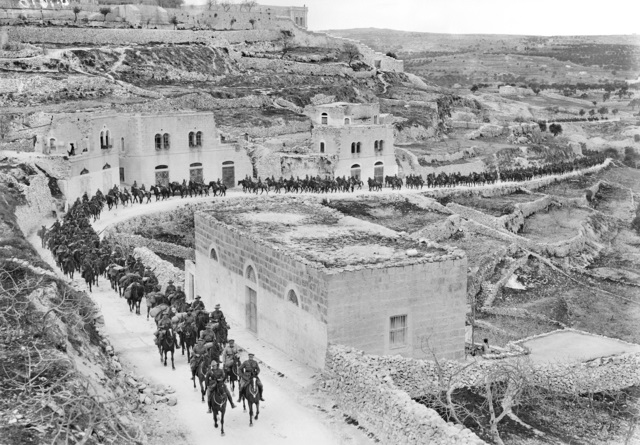A key challenge facing President-elect Joe Biden will be whether the United States should rejoin the Joint Comprehensive Plan of Action, which was intended to persuade Iran to abandon its plans to develop nuclear weapons.
The Obama administration played a role in the nuclear deal, but critics say it failed to take account of Iran’s missile program, its unchecked rogue behaviour in the region and its state sponsorship of terrorism.
The issue was canvassed in detail when delegations from Australia and Israel met online in November for the sixth annual Be’er Sheva Dialogue. The series of webinars was designed to develop a greater appreciation of how Australia and Israel can work together on areas of common strategic interest.
Named after the site of the Battle of Beersheba, the dialogue is a partnership between ASPI, the Institute for Counter-Terrorism at Herzliya and the Begin-Sadat Center for Strategic Studies, bringing together officials, parliamentarians and analysts from both nations.
There was a strong feeling at this year’s dialogue that, while Biden has considered rejoining the JCPOA, he no doubt realises that it may not be an option given the changed circumstances of the Middle East, and the US will need to renegotiate an upgraded and improved agreement with Iran.
Some delegates argued that Biden represented a return to a more predictable management of global affairs that would see the US re-emerge as a global leader.
Read the article by Anthony Bergin in The Strategist.

